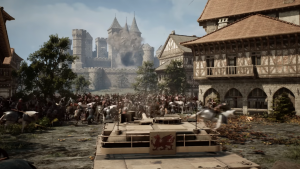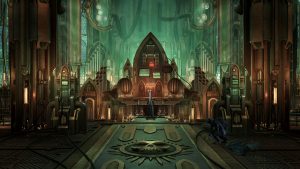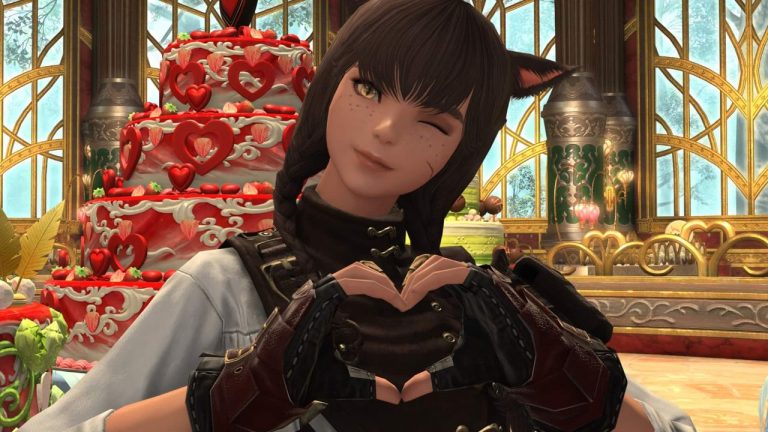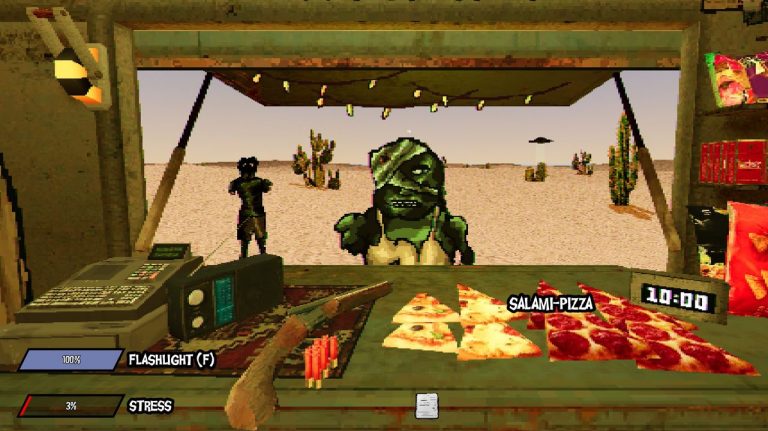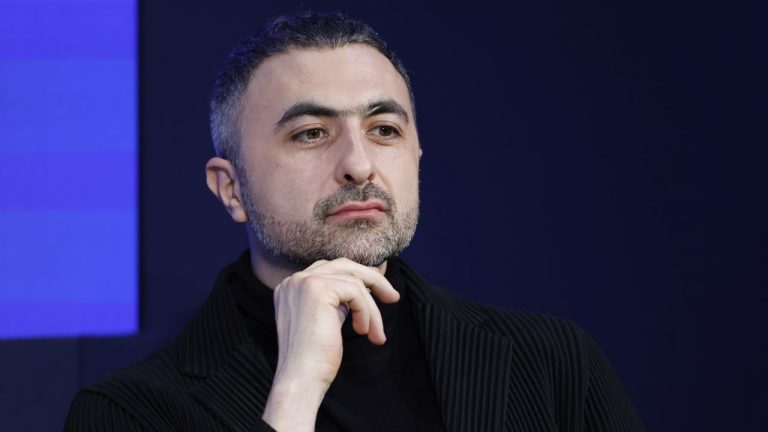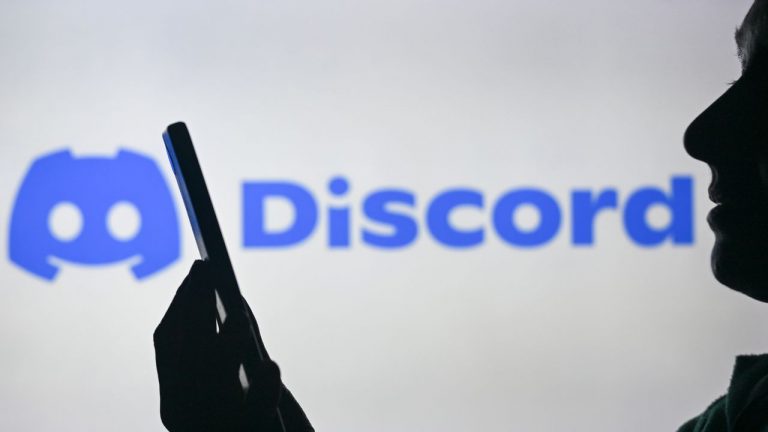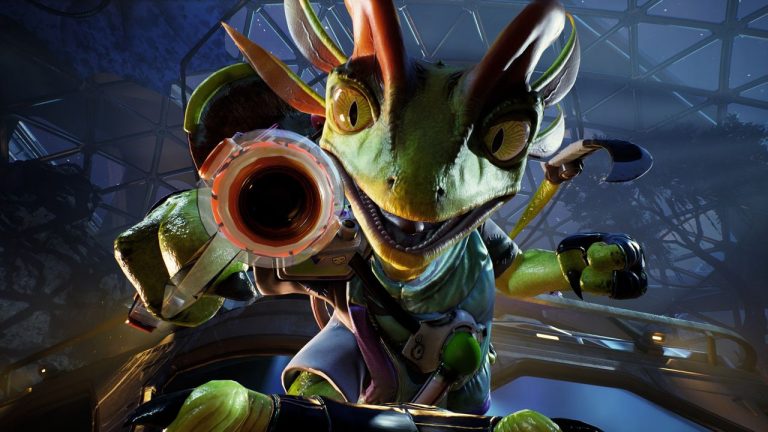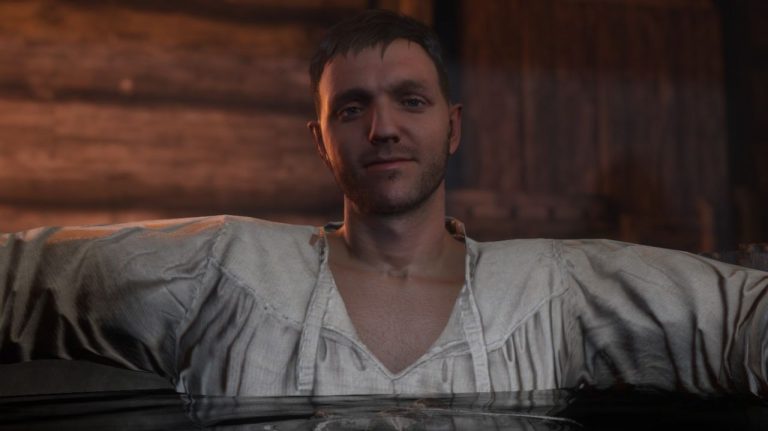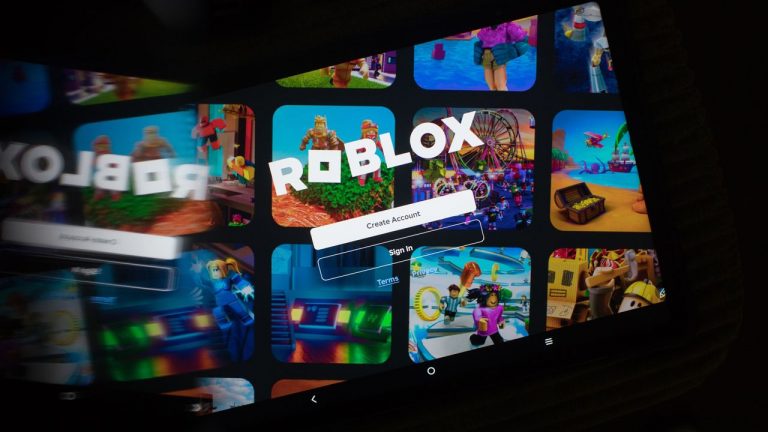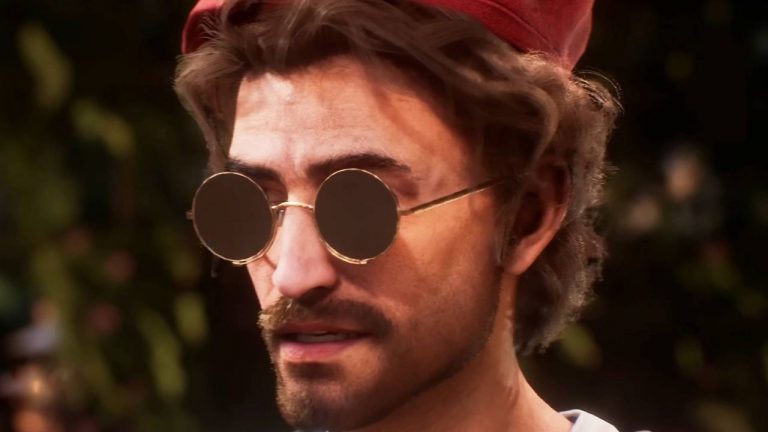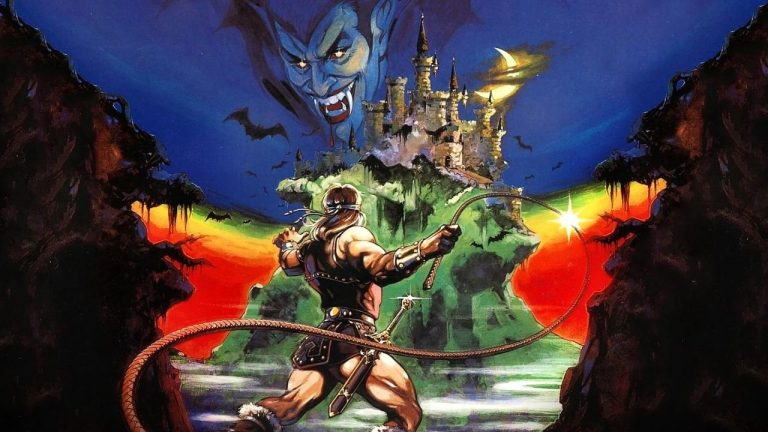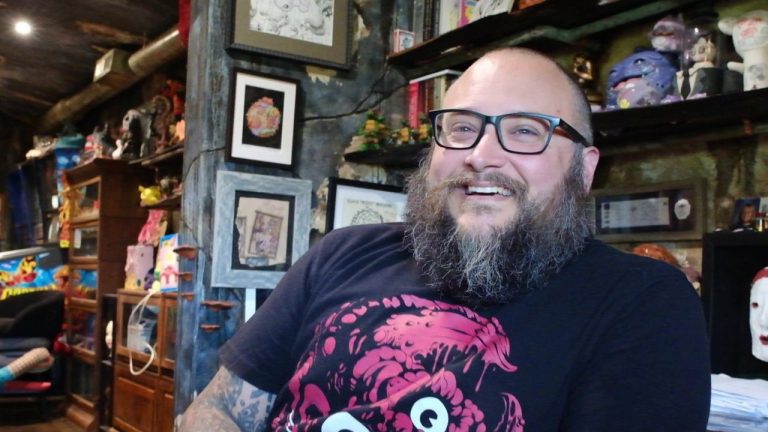Hyper Light Breaker, the imminent sequel to Hyper Light Drifter, is one of those sequels that over-reaches itself. The ambition is simple: Take the immaculate vibes and stylish combat of the top-down isometric original, and do it all bigger and better in full 3D. The game is due to release in early access this year, though there’s no firm date yet, and going by what we’ve played there’s a good chance developer Heart Machine is going to pull it off.
The difference in scale between the original and Hyper Light Breaker, however, did mean one big change for the studio. It self-published the first game, and to considerable success, but a much longer development cycle and a bigger team meant that this time around it had to sign with a publisher to get the project over the line. So far, so usual, and let’s not fall into the trap of thinking publishers are the industry’s big bad: they’re often the reason teams can take risks like this.
But this is, perhaps, a time when studios are looking at their publishers like never before. Not because of their intra-personal relationships, or the people they’re working with, but the simple fact that the games industry is going through a horrific period of layoffs, studio closures, and cancellations. It is not a good time to be depending on one of the publishing giants for anyone, and the mood music among indie developers is at an incredibly low ebb.
In the runup to its initial release, Heart Machine’s been taking part in a documentary by the excellent NoClip, during which the studio’s founder and Hyper Light Breaker’s creative director Alx Preston opens up about the anxieties of living under a corporate merry-go-round of cash and closures that may well one day drop an anvil on you (first spotted by GamesRadar+).
Thing is that Heart Machine is now on its third publisher in four years, but not because it’s changed. The Hyper Light Drifter team initially signed on with publisher Perfect World, which became part of the Gearbox Publishing label when bought by Embracer in 2022. When Embracer began to hit the skids it sold Gearbox, best known for Borderlands, to Take-Two for $460 million, taking a massive haircut in the process. However Gearbox Publishing was not part of this deal, so the rights stayed with Embracer and are now under a label called Arc Games.
Yes it’s rather confusing. “I don’t want to depend on megacorporations doing X, Y, and Z to dictate our future in some way or another as much as I can help it,” says Preston, thinking back to when the game first got signed, “but sometimes you get caught in that crossfire.” Preston says Heart Machine had “no expectation” Perfect World would be sold “to any other company, ever” when that deal was signed: “that wasn’t even a discussion or thought in anyone’s mind until Embracer came along.”
“I think most of the scenarios that happen, Heart Machine will be fine regardless of how it pans out,” says Preston. “There are scenarios that are not so great. There’s a lot that’s going to happen behind the scenes that again we have no say or control over. These are folks that we’ve been working with for two-plus years now, so that alone is a stressful change of ‘I don’t know who I’m going to be working with in a few months’, generally. It might be Gearbox San Francisco but I don’t know if it’s the same people or not’.”
The developer hits upon a memorable phrase to discuss the effect this has on games in development, pointing out that changes behind-the-scenes can be incredibly destabilising for complex, long-term projects that depend on a group of people with particular skillsets: and that, while obviously the people who get laid off get the worst part of it, there’s also an effect on those who keep their jobs while seeing former colleagues and friends go through hell.
“This cascading effect across the industry, where it isn’t just the people who get laid off because it’s the teams,” says Preston. “Maybe that project still exists but now you don’t have the resources you once did, you have to reformat, restructure that project in some way or another, or cancel it because you just don’t have the people any more. And that’s really debilitating in some ways, or demeaning, because you’re working on this thing for a year, two years, maybe more in some cases, and you never announce it and you’re really excited, and it’s going well, and then it’s gone.”
It should be said that NoClip was filming this documentary over 2023, while Embracer was actively trying to offload Gearbox, and there’s no firm date on Preston’s comments. The documentary was released three days ago.
Ultimately, even though Hyper Light Breaker looks t be in a good place in the runup to launch, you can tell that it’s the not knowing that is eating away at Heart Machine.
“I think about every possibility that could happen with Gearbox,” says Preston, “whether money goes away from marketing, schedules… that’s the hard part. Maybe we get more money for marketing, I just don’t know.” In such an environment, he recognises the futility of over-thinking the things Heart Machine can’t control. All the control they have is over one thing: “Trying to focus down on just making the game as good as we can.”

